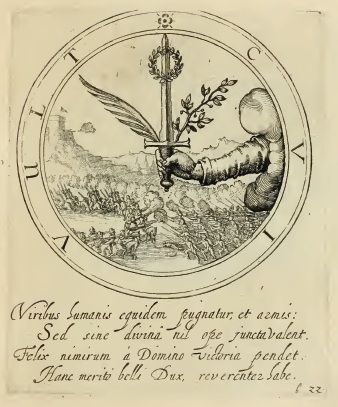Parzival
Ace d'Epees
To Helvetica's excellent list might be added the sword which the wounded Grail king gives to Parzival as a gift. Parzival receives the gift in the Grail castle, after the Grail ceremony. First the mystery of the power of the Divine to create sustenance out of nothing, then the sword as protector and guide. In a modern mode of interpretation, we need both the Grail and the sword, the heart-force and mental-force, that which unconditionally creates, that which keenly differentiates.
To Helvetica's excellent list might be added the sword which the wounded Grail king gives to Parzival as a gift. Parzival receives the gift in the Grail castle, after the Grail ceremony. First the mystery of the power of the Divine to create sustenance out of nothing, then the sword as protector and guide. In a modern mode of interpretation, we need both the Grail and the sword, the heart-force and mental-force, that which unconditionally creates, that which keenly differentiates.


